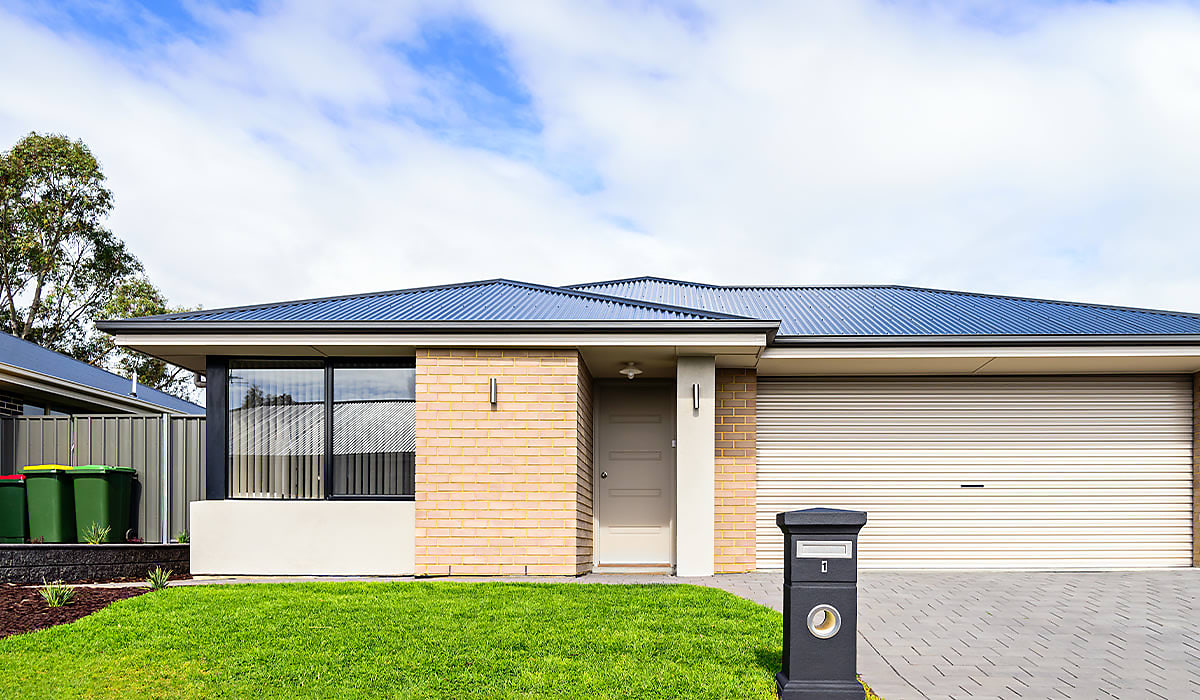Industry bodies welcome Coalition’s $50k superannuation pledge for first home buyers
National property bodies across Australia have welcomed the Coalition’s pledge to reduce first home buyers’ financial hurdle to save for a deposit. Yet, more needs to be done to support access to home ownership.

Speaking at a Coalition rally in Victoria on Sunday, Opposition Leader Peter Dutton has vowed to fix the Australian housing crisis and “restore the dream of home ownership” if his party is elected in the upcoming federal election.
The Coalition pledged to let first home buyers and separated women withdraw $50,000 from their superannuation to purchase their first property.
Industry bodies across the country welcomed the announcement, as home ownership has become more difficult due to increased home prices, higher living costs, and more competition in listings.
Housing Industry Association (HIA) managing director, Jocelyn Martin, said the initiative represented a step towards addressing the barriers to home ownership faced by young Australians.
“This policy acknowledges the reality that for many Australians, saving for a deposit is the greatest hurdle to entering the housing market. Allowing first home buyers to access their superannuation provides a practical and targeted solution to this challenge,” Martin said.
“Superannuation is designed to help people plan for their future retirement, there is no better security in your future than owning your own house.”
Similarly, Real Estate Institute of Australia (REIA) president, Leanne Pilkington, said the policy was a positive step forward to ensure Australians can achieve home ownership.
“REIA generally supports initiatives that assist first home buyers, provided they address affordability without exacerbating market pressures,” Pilkington said.
While all industry groups welcomed the idea, they believe more needs to be done so that all Australians can access property ownership.
The Property Council group executive, policy and advocacy, Matthew Kandelaars, said that while promoting equitable access to finance is a good step, boosting the number of homes we build every year across every type and price point will ensure that housing is accessible to everyone.
“Every home built puts downwards pressure on house prices and opens the door to home ownership for more people.
“It should be a national priority to reduce high property taxes and fix slow planning systems so we can fast-track desperately needed new housing,” Kandelaars said.
Martin said Australia needs a “strong and decisive leadership to address the complex issue of housing affordability”.
“Declining home ownership rates paint a bleak picture, with 36 per cent of those under 30 owning a home compared to 50 per cent 30 years ago.
“Beyond this measure, we need to see policies that address land supply, reduce regulatory costs, and boost housing supply to meet the growing demand,” Martin said.
Additionally, Pilkington noted that while providing financial relief to buyers is a step forward, it can also increase competition and push prices higher.
“Effective policies for first home buyers must balance demand incentives with strategies to increase supply. Without this balance, the risk of rising property prices and affordability issues persists,” Pilkington said.
“REIA recommends a broader approach, including increased housing supply, tax reform, and collaborative government action to make housing more accessible.
“The government should focus on increasing the availability of land for development, reforming stamp duty and other taxes, and encouraging investment in affordable housing stock,” Pilkington concluded.



